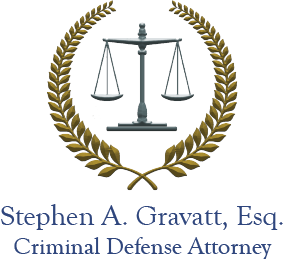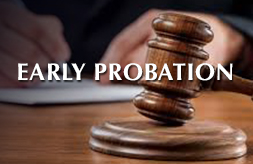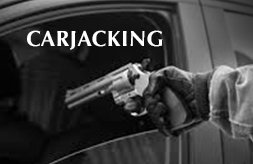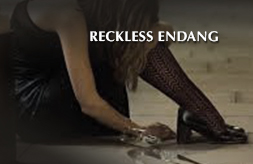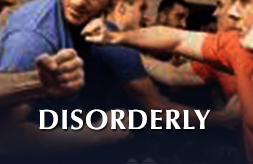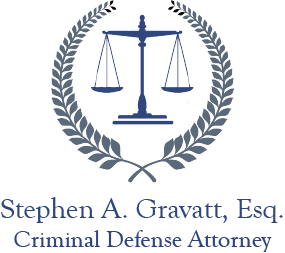
Criminal Defense Attorney defends charged for disorderly persons offenses.
DISORDERLY PERSONS OFFENSES AND PETTY DISORDERLY OFFENSES
2C Disorderly Persons NJ
What is a disorderly persons offense under the Law of New Jersey?
The 2C criminal code, enacted by the New Jersey Legislature, codifies all criminal offenses and created three (3) broad categories of criminal offenses, e.g., “crimes” (known as felonies in other states); “disorderly persons offenses” (known as misdemeanors at common law and in some other states); and “petty disorderly offenses”. N.J.S.A. 2C: 1-14(k), State v. Hamm, 121 N.J. 109, 577 A.2d 1259 (1990)
A disorderly persons offense is a criminal act or charge which does not rise to the level of a crime or felony. These matters originate in the municipal court in which the complained of act physically took place and are ultimately disposed of in that municipal court, N.J.S.A. 2C:2B-12-16, 17. However, municipal courts do not have jurisdiction to hear offenses that are indictable (crimes) and it is common that charges which constitute crimes (felonies) are sent up by the municipal court to the county prosecutor for review and evaluation. N.J.S.A. 2C:2B-12-18. County Prosecutors then decide whether to present the case to a grand jury (indictment) and prosecute the charges in the Superior Court of New Jersey as a crime or whether to downgrade the charges to a disorderly persons offense and remand (send back) the matter to the municipal court from which it originated for prosecution in the municipal court as disorderly persons offense. One important distinction—there is no right to a jury trial in the municipal courts—the trier of fact is a judge—also known as a “bench trial”.
HOW DO I KNOW IF THE OFFENSE I AM CHARGED WITH IS A DISORDERLY PERSONS OFFENSE?
Examples of the most commonly charged disorderly persons offense are:
CDS-MARIJUANA POSSESSION N.J.S.A. 2C:35-10(a)
POSSESSION OF DRUG PARAPHERNALIA N.J.S.A. 2C:36-2 AND AN.J.S.A. 2C:36-6
UNDERAGE POSSESSION OF ALCOHOL N.J.S.A. 2C:33-15
PROVISION OF ALCOHOL TO UNDERAGE PERSONS N.J.S.A. 2C:33-17
SHOPLIFTING N.J.S.A. 2C:20-11
OBSTRUCTION OF THE ADMINISTRATION OF LAW N.J.S.A. 2C:29-1
RESISTING ARREST-ELUSING POLICE OFFICER N.J.S.A. 2C:29-2
HINDERING APPREHENSION N.J.S.A. 2C:29-3
LEWDNESS N.J.S.A. 2C: 14-4 (note that lewdness can also be a crime)
Shoplifting N.J.S.A. 2C:20-11
PETTY DISORDERLY PERSONS OFFENSES
Examples of the most commonly charged petty disorderly offenses are:
HARASSMENT N.J.S.A. 2C:33-4
DISORDERLY CONDUCT N.J.S.A. 2C:33-2
DEFIANT TRESPASS N.J.S.A. 2C:18-3
WHAT IS MY EXPOSURE (PENALTY) IF CONVICTED?
If convicted of a disorderly persons offense, the imposition on sentencing can be a monetary penalty of up to $1,000.00 plus possible jail time of up to 180 days, a criminal record and in some cases mandatory loss of driver’s license for up to 2 years.
If convicted of a petty disorderly persons offense, the imposition on sentencing can be a monetary fine of up to $500.00 plus possible jail time up to 30 days plus a criminal record.
DO I NEED TO RETAIN AN ATTORNEY TO DEFEND ME FOR A DISORDERLY PERSONS OFFENSE?
Yes. I would recommend it. Money is fungible. A criminal record is not. A criminal record can preclude you from securing employment as a school teacher or the government and if one is already employed by government can result in forfeiture of your position. One can also be precluded from obtaining professional licenses to practice by professional licensing boards.
In the 30 plus years I have been a criminal defense attorney I have helped many individuals avoid conviction and/or jail time and maximum fines for disorderly persons offense charges.
If you or your child has been charged with any of the above offenses I can help you. Call me today for a free consultation and a no nonsense discussion of how I can help you if retained.
Stephen A. Gravatt, Esq.
(732)-337-7922
www.njdwicriminaldefenseattorney.com
